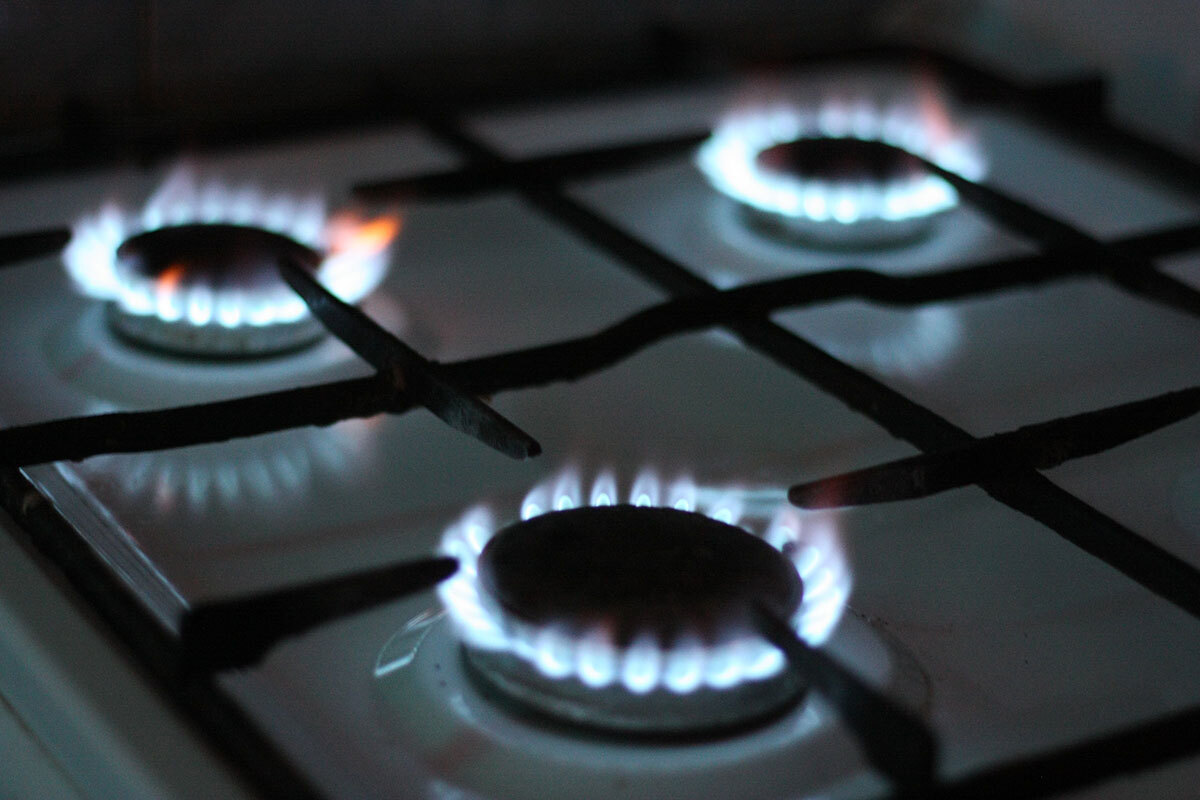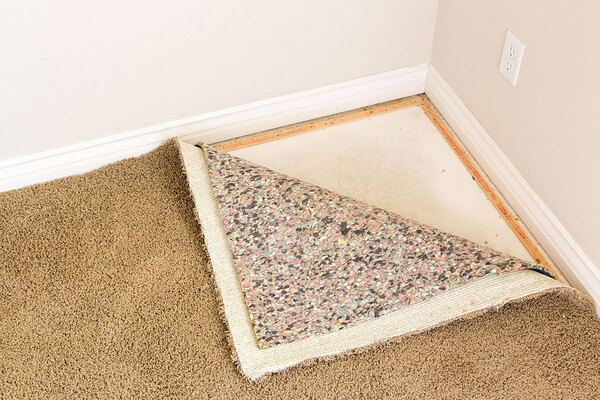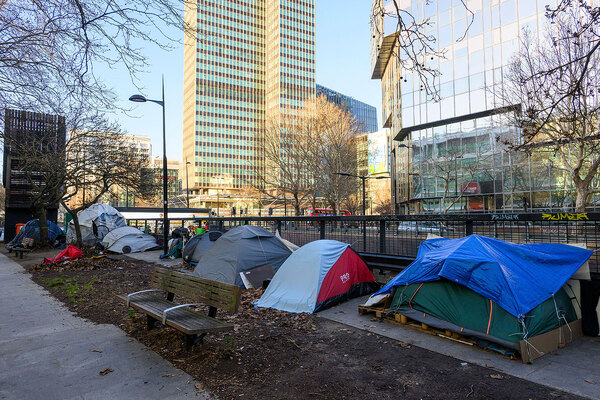How can landlords help residents to save on energy bills?
Inside Housing speaks to Emma Bitting at Switchee to find out what residents can do to ensure their homes are warm, and how they can save money on bills

In association with:
![]()
As the cost of living crisis continues to bite, everyone is looking for money-saving wins.
One way for residents to reduce bills is with more efficient use of energy, although this seems easier said than done, particularly with winter approaching.
Inside Housing speaks to Emma Bitting, customer success manager at data insight and technology firm Switchee, which installs smart thermostats in social homes.
She has this advice for landlords to help residents: setting heating to a schedule will maintain a comfortable temperature in a home, while reducing consumption and cost, and will help to maintain the property.
How widespread is it that people don’t know how to use their central heating efficiently?
Heating management isn’t widely understood, by homeowners, private renters or those in social housing.
The principle for residents is this, though: you use your thermostat to set a target temperature for the home. If the temperature drops below that target, the thermostat instructs the boiler to turn on and heat your home to that required temperature – and then turn itself off again.
Because you’re not keeping your home at a constantly high temperature, you’re using less energy to maintain a comfortable environment.
What is the most inefficient way to heat a home – and how can this be avoided?
It is common to put the heating on high to feel the benefit of the heat quickly, and then turn it off again. Actually, constantly turning a property’s heating on and off is expensive, and it also means that the boiler has to work harder, so it’s more likely to fail.
If housing associations encouraged their residents to use heating systems as efficiently as possible, they could avoid unnecessary maintenance call-outs.
That’s why it’s important for landlords to get this message out to residents this winter: “Set your heating to a schedule.”
What benefits can residents expect if they set heating to a schedule?
First, it’s a more cost-effective way to heat your home, which is everyone’s top priority at the moment.
By having their heating on or off at specific times, tailored to their needs, residents reduce excess energy usage and avoid overheating their homes unnecessarily, so saving money on bills. Plus, they won’t have to wait for the temperature to adjust when they wake up or return home because it’s already set to their desired level.
Second, there’s a big health benefit. The Public Health England guideline is that properties should be heated to 18 degrees or more. This is also the metric used to measure fuel poverty in England.
We know that living below that temperature can have a negative impact on your physical health. For instance, it increases the risk of a stroke and heart attack.
The stress of not being able to heat your home effectively can also have an impact on your mental well-being. And adolescents who live in cold homes are more likely to suffer from mental health problems, according to National Energy Action.
So it isn’t simply a way to save money – it’s a way to keep well.
What are the benefits for landlords?
Setting a schedule heats a property properly, which prevents various maintenance issues arising – and prevention is better, and less expensive, than cure.
A cold home has cold surfaces and high humidity, which is the perfect breeding ground for damp and mould.
So, apart from ensuring that their tenants are living comfortably, efficient heating is a more effective asset management strategy.
Plus, making a property more energy efficient aligns with the environmental, social and governance (ESG) reporting that landlords are required to do – and it’s better for the environment.
How can landlords help older, disabled or vulnerable residents?
When contractors are installing heating in a vulnerable tenant’s home, the landlord can ask them to set up the schedule accordingly.
This is what Switchee engineers do and residents can call our customer support team to talk them through the set-up process, or to set the schedule remotely.
What functions does the latest technology include to help residents manage their heating?
Switchee is launching a new app this month that enables residents to set their heating via schedules. This can be done from a smartphone if they have one, so means that they don’t have to be at home.
For residents with visual impairments, it’s possible to use an in-device talk-back functionality. In addition, the resident doesn’t need to have a wi-fi connection to be able to use the app.
Housing providers can communicate with residents by sending messages directly to the device. For instance, they can ask them to take part in a test to ensure that their boiler is working efficiently, or share tips on how to effectively heat their home.
How user-friendly is the new generation of heating technology?
One of our disabled customers was initially wary of using an app because they said they weren’t tech savvy.
However, they later said they preferred it because their phone was to hand all the time and they didn’t have to constantly go to the device on the wall to control their heating.
For residents who are visually impaired, screen readers are available. Our app also has a voiceover function to help visually impaired users. At present, Switchee is working with a housing association and a group of disabled and visually impaired residents because of this screen reader capability.
How can landlords communicate heating efficiency messages to residents effectively?
Be clear and simple – don’t be patronising and always give information about how efficiencies will benefit tenants. For example, just posing the question: “Did you know that you can save money if…” is often enough to get people’s attention. The language should never be accusatory, as in: “You’re not heating your home in the right way.”
And residents should never feel as though they are being instructed to do something. Instead, the message could be: “We have some additional information for you – and this is how you could benefit from it.”
It doesn’t have to be hard-hitting. Simple messaging often works best.
Related stories










